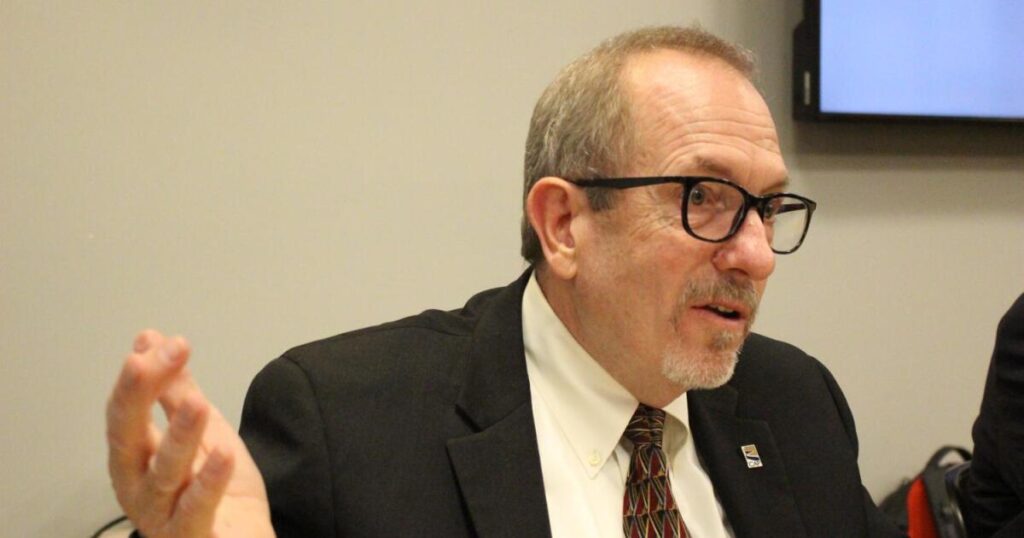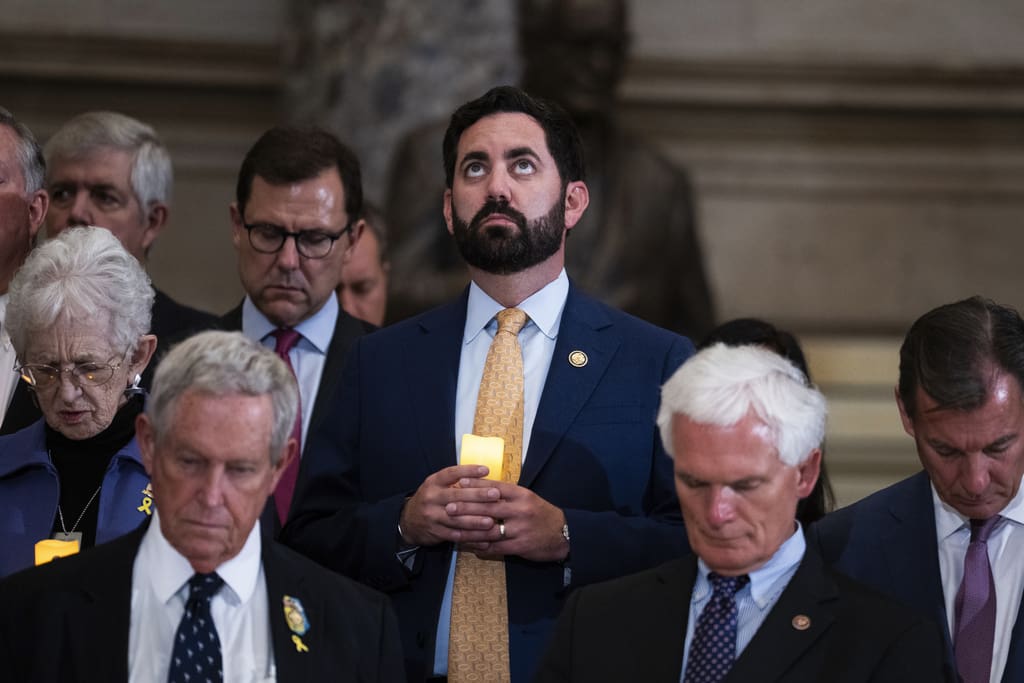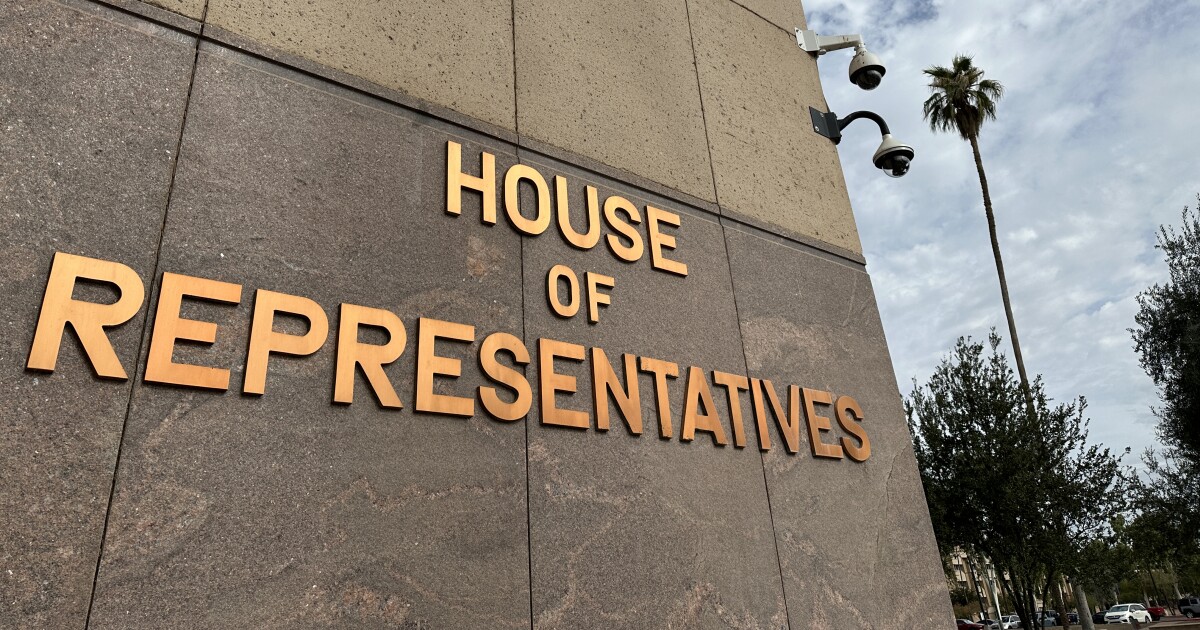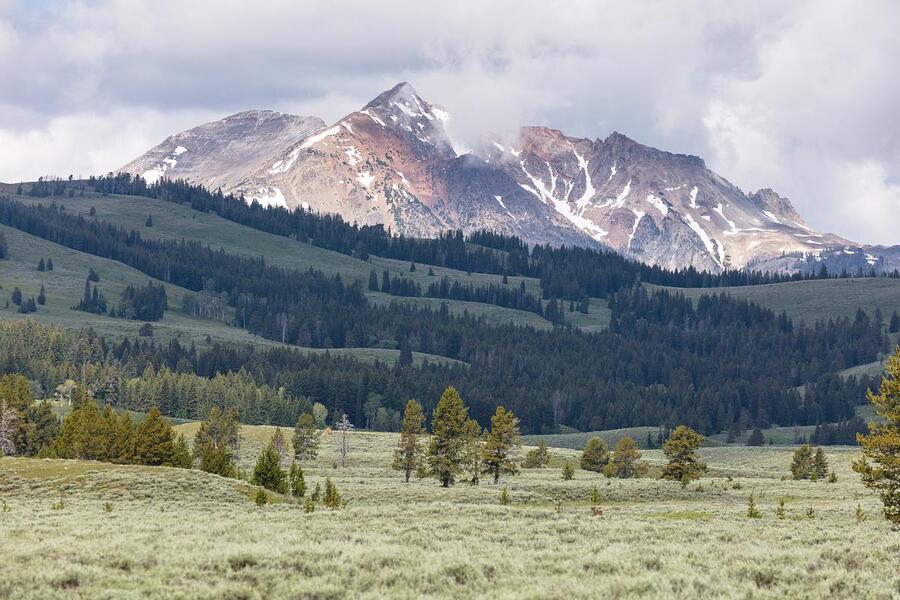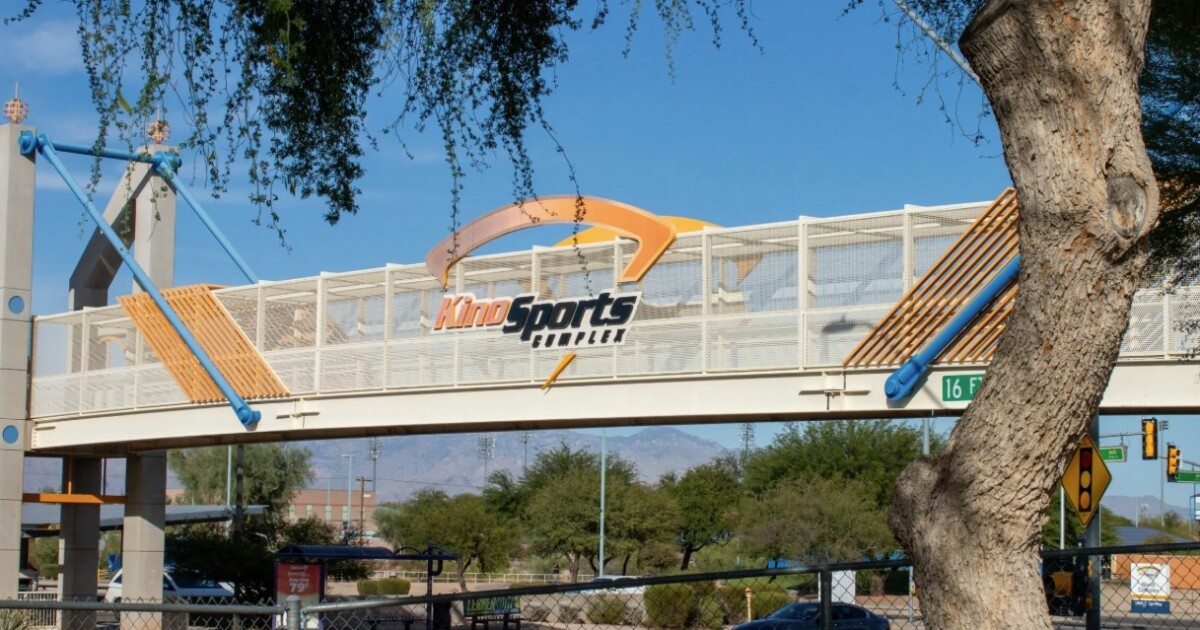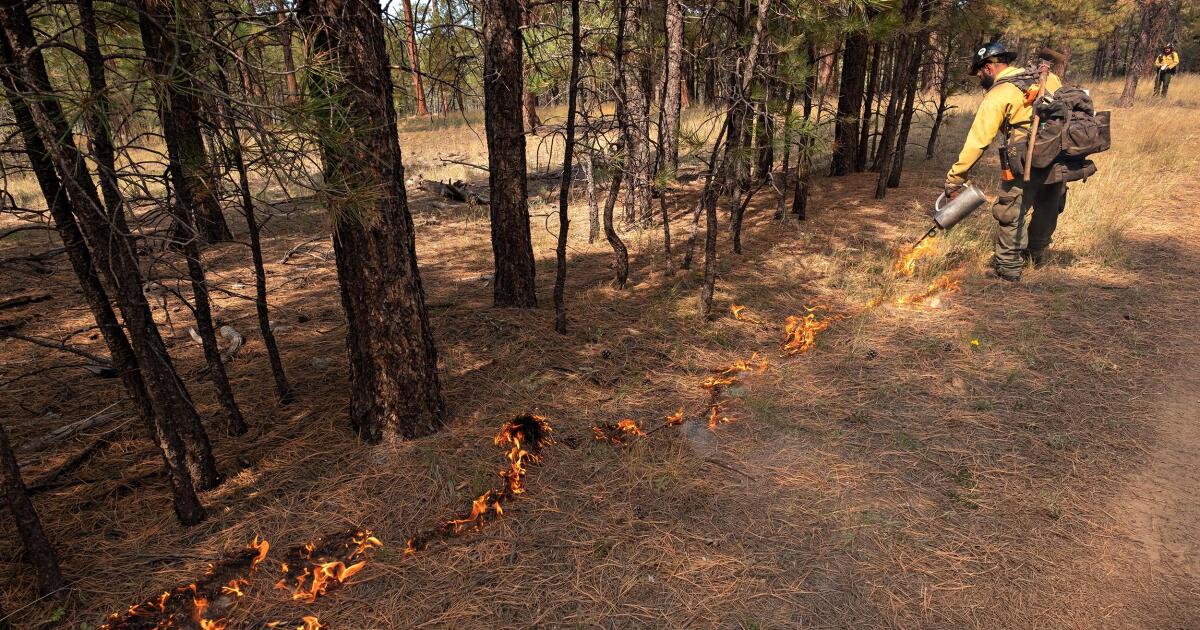The appointment of a new commissioner for the Bureau of Reclamation remains unresolved, leaving a crucial leadership gap as the Colorado River states approach a critical negotiation deadline. This situation arose after Ted Cooke, an Arizona water expert, saw his nomination withdrawn due to political concerns.
Ted Cooke, formerly with the Central Arizona Project and currently on Arizona’s Water Infrastructure Finance Authority board, was nominated to lead the Bureau of Reclamation. However, concerns over potential bias towards Arizona, expressed by some lawmakers from other Colorado River states, led to the withdrawal of his nomination.
With the November 11 deadline approaching, the absence of a permanent commissioner complicates efforts to reach a water-sharing agreement among the river states. Cooke expressed skepticism about meeting this deadline without a commissioner in place.
“They’ll be lucky if they have a commissioner by the time all of this work is supposed to be done. So that begs the question: How is it going to be done? Who’s going to be leading that effort?” Cooke remarked, highlighting the leadership void.
Cooke mentioned he was not given a chance to address bias allegations directly, nor was he informed of specific issues with his background check when his nomination was halted. He believes political motives, particularly from Republican senators, influenced the decision.
He specifically pointed to Sen. Mike Lee (R-Utah), the chairman of the U.S. Senate Energy and Natural Resources Committee, as a key figure opposing his nomination. Lee did not provide comments on the matter.
In the ongoing discussions about the Colorado River, the states are divided into two groups: the Upper Basin states (Colorado, Utah, Wyoming, and New Mexico) and the Lower Basin states (Arizona, California, and Nevada). Historically, the Lower Basin states have utilized more water and are now hesitant to accept disproportionate cuts to their allocations.
Despite the division, Cooke acknowledged the need for all states to share the burden of water cuts due to the river’s dwindling supply. “The fact of the matter is that there is not enough water, we all know this, in the Colorado River Basin to meet all of the needs of everyone,” he stated.
Concerns persist about the appointment of a commissioner from either basin, as each side may perceive bias. An outsider might face challenges in understanding the complex dynamics quickly enough to lead negotiations effectively.
Interim Commissioner David Palumbo could step in, but Cooke warns that the temporary nature of his role might undermine authority, leading states to delay commitments.
If the November deadline passes without an agreement, federal intervention is likely, though such action could provoke legal challenges. “The United States historically has not wanted to do that. They don’t want to get sued,” Cooke explained.
—
Read More Arizona News

